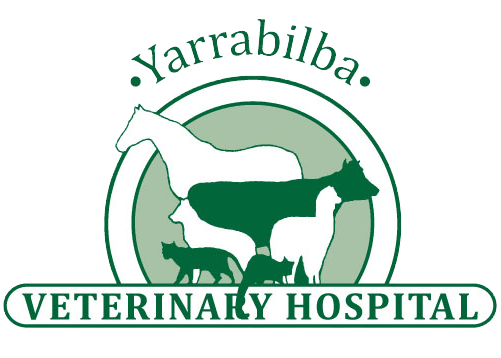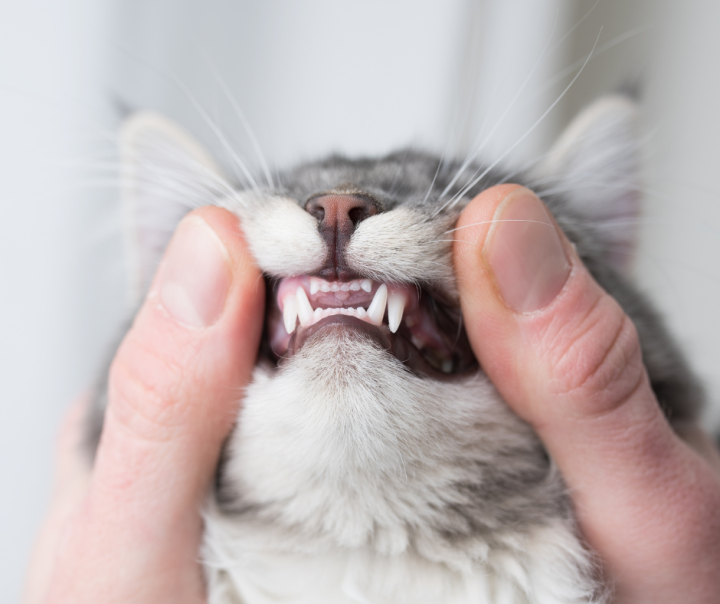Just like humans, pets need regular dental care to maintain their overall health and well-being. Poor dental hygiene in pets can lead to various issues, including bad breath, tooth decay, gum disease, and even more serious health problems. Here are some essential dental health tips to keep your pet’s smile bright and their health in top shape.
1. Brush Their Teeth Regularly
Regular brushing is the cornerstone of dental care for pets. Aim to brush your pet’s teeth daily (or at least 3-4 times per week). Use a pet-specific toothbrush and toothpaste, as human products can be harmful to animals. Start slowly, allowing your pet to get used to the process, and gradually build up to a full brushing routine.
2. Offer Dental Chews and Toys
Dental chews and toys are not only great for keeping your pet entertained, but they also help reduce plaque and tartar buildup. Ask your veterinarian about their advice for best products for your pet’s dental health, as these are made to clean teeth and massage gums effectively. Always supervise your pet while they’re chewing to prevent any choking hazards.
3. Schedule Regular Professional Cleanings
Even with regular brushing at home, professional cleanings by a veterinarian are essential. During these cleanings, your vet will remove tartar, which cannot be removed by simply brushing or chewing, and check for any signs of dental disease. Depending on your pet’s dental health, these cleanings may be needed once or twice a year.
4. Monitor Their Diet
Diet plays a significant role in maintaining your pet’s dental health. Feed your pet a balanced diet and consider incorporating specially formulated dental diets or treats that are designed to reduce plaque and tartar. Avoid giving your pet table scraps or sugary treats, as these can contribute to dental problems.
5. Look for Signs of Dental Problems
Be vigilant for any signs of dental issues in your pet. Symptoms such as bad breath, difficulty eating, drooling, red or swollen gums, and loose or missing teeth could indicate dental disease. If you notice any of these signs, schedule a vet appointment as soon as possible.
6. Start Dental Care Early
It’s never too early to start a dental care routine with your pet. Begin introducing dental care practices while they are young, so they become accustomed to having their teeth brushed and their mouth examined. This early start can help prevent dental problems later in life.
Conclusion
Maintaining your pet’s dental health is crucial for their overall well-being. By incorporating these tips into your routine, you can help ensure your pet has a healthy mouth, reducing the risk of dental disease and keeping them happy and comfortable. Remember, a healthy smile leads to a healthy pet!
If you have any concerns about your pet’s dental health or need professional cleaning, don’t hesitate to contact us. We’re here to help your furry friend stay healthy from tooth to tail!



